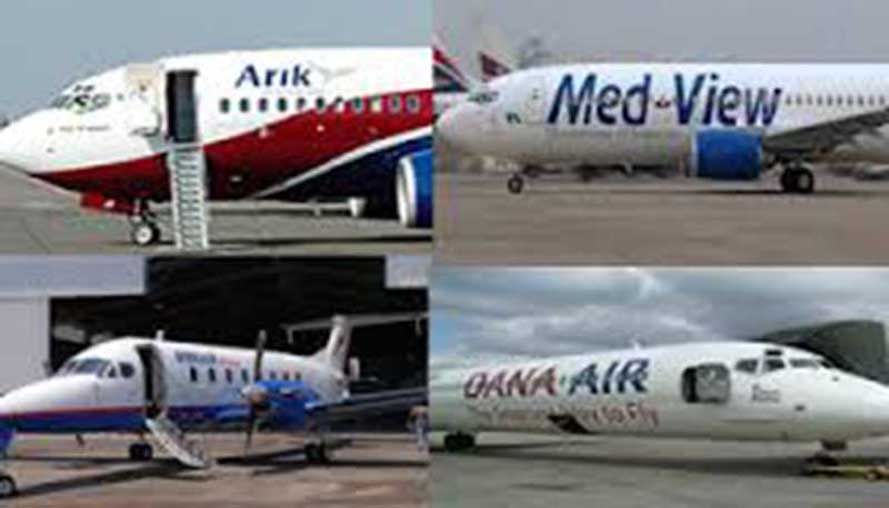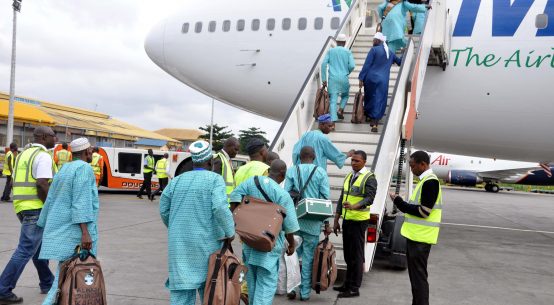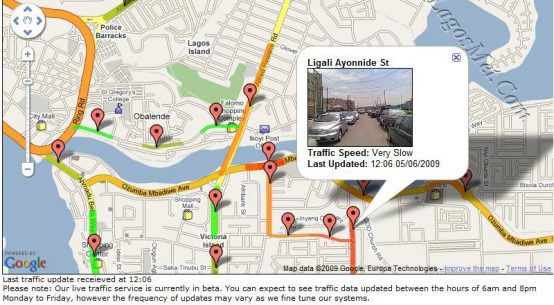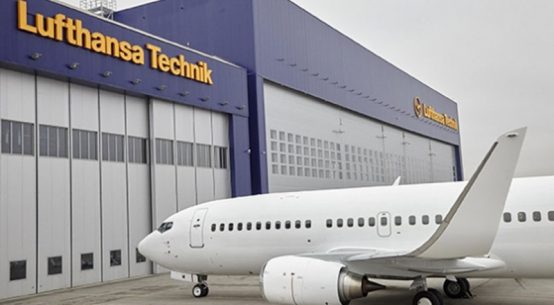
“The Federal Government of Nigeria should not go ahead with the full implementation of the Single African Air Transport Market (also known as the open skies agreement). For while the idea may be noble on paper, there is a need for the government not to lose sight of the facts and the dangers of the direct impact of the decision on the aviation industry, the airlines and the Nigerian economy as a whole, especially the future of our youths.”
– Captain Nogie Meggison, Chairman of the Airline Operators of Nigeria (AON)
Captain Nogie Meggison made the statement while explaining the reasons airlines owned by Nigerians are backing out of the open skies treaty with other 23 African countries.
“We are concerned that the timing is not right as there are several unresolved issues and challenges being faced by Nigerian aviation that will ultimately undermine the perceived gains of this treaty that might be an illusion for our beloved country. We reject the open skies treaty,” Meggison added.
What’s Open Skies Treaty
The Single African Air Transport Market (SAATM), which is better referred to as the open skies treaty, is a flagship project of the African Union (AU) Agenda 2063. It is an initiative of the AU geared at creating a single unified air transport market in Africa; the liberalization of civil aviation in Africa and as an impetus to the continent’s economic integration agenda.

Open skies is a form of free-market treaty, to which the Minister of State for Aviation, Mr. Hadi Sirika, says Nigeria is a signatory and has pledged to be committed to its full implementation as from January 2018. But airlines owners have pointed out that 57 percent of the 54 nations in Africa are yet to sign the open skies deal.
“Only 23 countries have committed themselves to open skies. The question therefore, is why is Nigeria in a hurry to sign the treaty when we are yet to put our domestic aviation industry in order first and empower our Nigerian carriers to compete effectively?” queried Meggison.
Demerits for Nigeria
AON Chairman, Capt. Nogie Meggison listed some of the problems that mar Nigeria’s chances of competing favourably in the open skies treaty to include the following:
First, the issue of free movement of people and trade is an integral aspect of the declaration by the AU that will go a long way to determine the fairness of the open sky project. Sadly, it is a well-known fact that Nigerians who are supposed to be travelling within Africa under the open sky treaty require as a prerequisite visas to 34 African countries.
Only within West Africa are Nigerians allowed free movements with visas issued at entry points. Local airlines therefore, insist that this is an issue that first needs to be addressed. “Before opening the skies, open the visas in Africa,” Meggison said.
There are also challenges bordering on unclear and constantly changing policies that throw out Nigerian airlines’ feasibility studies into red.
Government support
Nigerian airlines are at a disadvantage to other African airlines that are largely government-owned and heavily subsidized. For instance, South African Airways got, on the average, about $350 million yearly in the past decade; Kenya Airways got about $600 million in 2016, while RwandAir has never published its financial results for over a decade.
“Nigerian airlines have a high bank interest rates of 28 percent compared to access to cheap funds provided and guaranteed by the government of most African carriers at a maximum of 2 percent,” Meggison lamented.
The other challenge is that Nigerian airlines pay VAT to the Nigerian government, while most African carriers don’t pay VAT both in their various countries as well as here in Nigeria. This is already a deficit of 5 percent on a small margin industry from the start for Nigerian airlines.
Foreign exchange
Airlines in Nigeria do not have access to forex. “We only get allocation per percentage of our bids, which takes an average of six months while most of the African carriers are subsidized and being funded by their government,” said Meggison.
Charges and taxes
The taxes/charges around Africa are not uniform across board. African governments should first ensure all the taxes are uniform among countries before the implementation of the open skies treaty. “For instance, when Nigerian airlines fly to some African countries they charge the operators heavy landing fees in excess of $5,000 – $6,000,” said Megisson.
“The same African countries subsidize their local operators who pay $200 for the same service. But when they fly into Nigeria, they pay a mere $500, the same as our local carriers,” he noted.
Abuses
There is also the threat of non-African investors abusing the open skies deal by setting up airlines in some African countries and taking full advantage of the policy since there is no way to ascertain the shareholder structure of airlines to know whether they are Africans.
It becomes very easy for foreigners to float airlines, say in Benin Republic, thereby diverting investment from Nigeria into neighbouring countries with the Nigerian travel market as the target.
Already, some analysts have cited the fact that a country like Ethiopia that is a strong pusher of the open skies idea, makes 45 percent of its income from Nigeria, yet Ethiopian Airlines has not employed Nigerians as aircrew or ground technical staff, and drains Nigeria’s scarce resources to contribute 32 percent of Ethiopia’s national GDP at the expense of the Nigerian economy and its unemployed youths.
It is also noteworthy to state that Ethiopia has a Visa on Arrival policy for over 40 countries. But sadly, Nigeria that contributes immensely to their GDP is not included among them and South Africa is the only African country included on the list.
Way forward
Meggison said local airline owners consider it as unfair and a complete disconnect that Nigerian airlines that are the fulcrum of the implementation of the open skies treaty for Nigeria were not carried along in the decision process leading up to the signing of a treaty and firm commitment to the open skies process with the AU, which will ultimately affect the future of aviation in Nigeria in many years to come and the survival of Nigerian airlines.
For more Logistics News, Follow us on TWITTER Follow us on FACEBOOK
“Nigeria is simply not ready to handle the level of unfair competition the full implementation of SAATM will bring upon the country,” said Meggison.
“A full implementation at this time will lead to massive capital flight, huge loss of jobs for our youths and a mortgaging of our beloved children’s future, as well as a further collapse of the already failing Nigerian aviation system,” he added.








